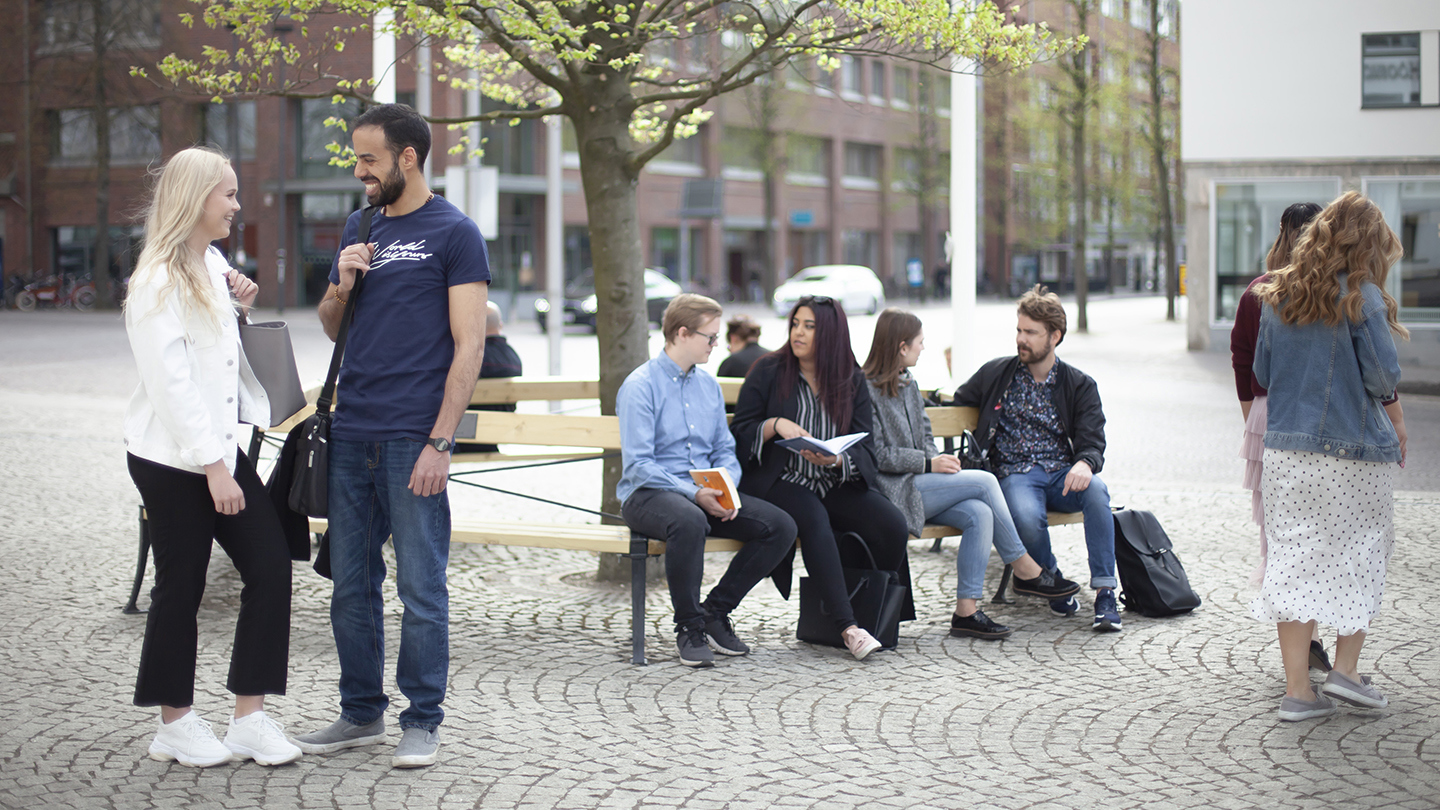Student survey results now ready for further analysis
2020-06-18

Due to the novel coronavirus pandemic, the University of Borås from 12 March to 14 June was in what was referred to as “yellow level.” This meant that university operations continued as usual, but with minimised physical contact as far as possible – and as a result, distance studies were conducted.
In order to find out how the university's students experienced this transition, the university conducted a survey at the end of the spring term with questions about students’ well-being, equipment, possibility of receiving support and service, and teaching as well as their own efforts and their work environment. In total, 471 students responded to the survey.
"We felt it was important to carry out the survey in order to gain a better understanding of what experiences students have had. With the results of the survey, we now have a more comprehensive picture of the students' experiences of distance studies during the spring and the support they have received from the university. This also gives us the opportunity to create better conditions for the autumn," says Katharina Nordling, acting Library Director and leader for the Student Work and Learning Environment Sub-project.
Different experiences
In the survey, it can be seen that almost half of the respondents have felt that their studies overall not worked as well over the spring, while more than half of the respondents believe that they worked as well or even better.
"The results are not particularly surprising; but it is of course very regrettable that almost half feel that their studies have worked less well after the rapid transition from campus education to distance studies. In the survey, we also see that the possibility of exchanging knowledge with other students has been perceived as significantly worse than under normal circumstances, and that the clarity around how examinations are conducted has worsened. It can also been seen that some students have not sought the support they have needed, despite the fact that there is a wide range of support available at the university.”
Redistribution of time
Katharina Nordling points out that it is clear from several of the survey’s questions that there are students who have not experienced worsening, but rather an improvement over regular teaching.
"The results indicate factors such as that the time previously spent on commuting could now be spent on studies; this also gave more time for exercise and sleep. Also, that there are advantages to recorded teaching material. But as usual, and as always, we are all different and thus experience things in different ways.”
Åsa Gran, responsible for the introduction and study social issues at the Student Union of Borås, notes that the results were expected but that it is unfortunate that many students have been negatively affected.
"We are very positive to the fact that the survey was conducted as it gives the students a chance to express their opinions. The social aspect is a particularly difficult issue as it is very important for students' mental health and study motivation, but at the same time very difficult to address in a safe way without a risk of infection. The survey results also show that the students do not seek the support they need. For us, this is a sign that the university must be better at communicating the opportunities for support offered to students."
Further analysis
The results of the survey will now be disseminated to other sub-projects within Project Corona. It will then be up to each sub-project to take into account the issues that concern their sub-project area and analyse how the results can be used to create better conditions in the autumn.
Project corona has been established as a project organization with seven sub-projects. The sub-projects are working within different critical areas to plan for the autumn term.
Johanna Avadahl, Translation: Eva Medin
Ida Danell

